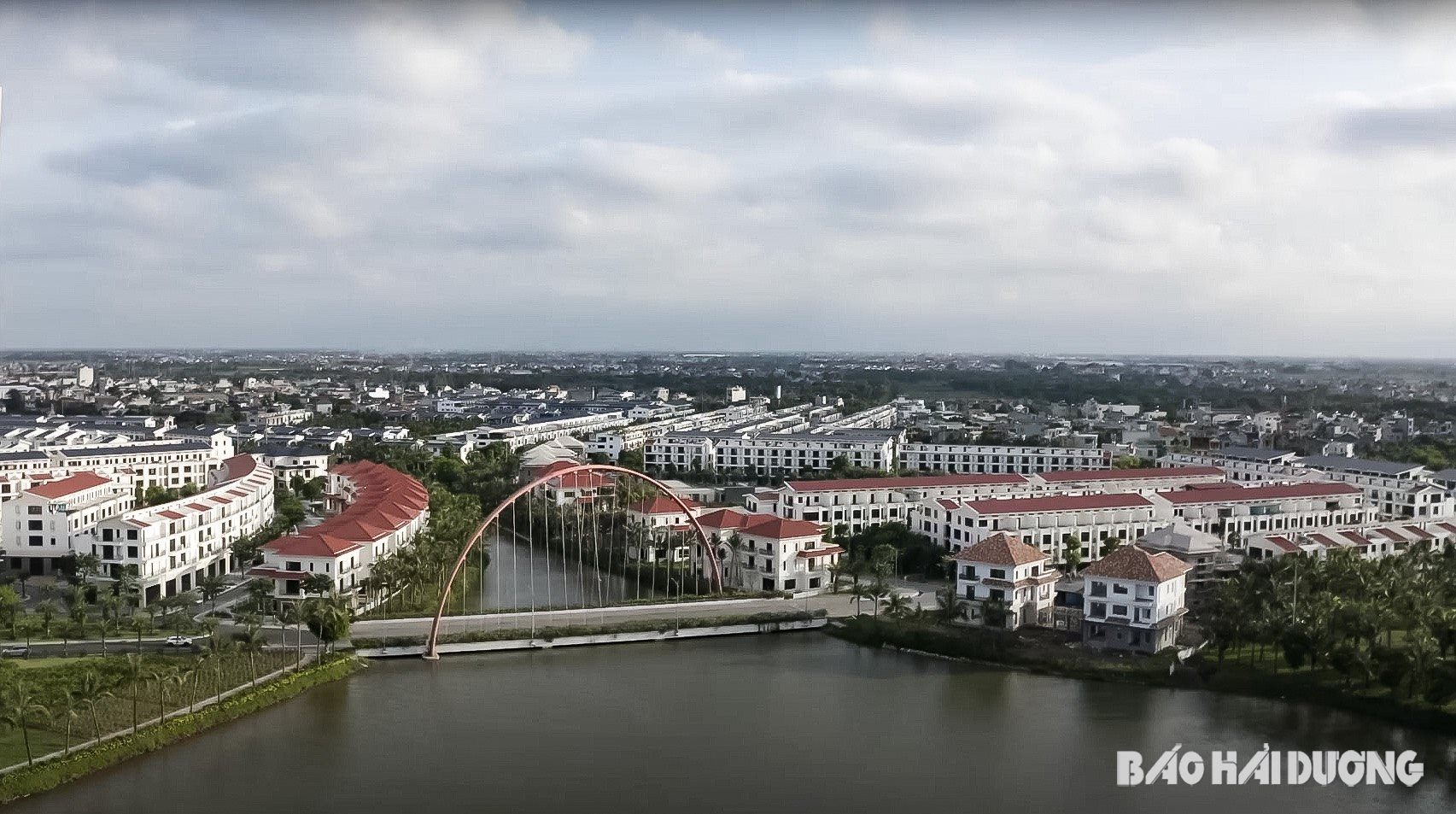The lending interest rates at many banks are low, especially for medium and long-term credit packages. Will the "problem" of borrowing from banks to invest in real estate have a "positive" answer?

Since the beginning of 2024, interest rates at many banks have remained low, and lending rates have also decreased significantly compared to the general level a year ago. Should you take advantage of the opportunity to borrow money from the bank to invest in land when interest rates are "cooling down"? This is a question that many people want to find the answer to at this time.
In some real estate business groups, many people who are land traders have expressed the opinion that if you have a few hundred million in hand, you should boldly borrow another 1.5-2 billion VND to "buy the bottom" of real estate, especially land and houses in this price range, you will definitely win. There are also people who think that even though interest rates are low, the market is still "cold", the risk of "death" on assets is still high, so you should wait a bit longer...
But overall, some investors are gradually coming out of the defensive position they have been in for over a year. According to them, the first half of 2024 will be a stepping stone for the real estate market before entering a new cycle.
Whether you “put money down” to invest or “lie still” and wait, the most important thing is to solve a problem with specific figures. Suppose you or I borrow 2 billion VND from a bank with an interest rate of 6%/year, fixed for the first 2 years, each month we need to pay an average of about 10.5 million VND in interest. Of course, the amount of interest to be paid will decrease over time, according to the decreasing principal balance, but it is estimated that after 2 years, the total amount of interest to be paid will be about 240 million VND. Both you and I have to calculate to make a profit in 2 years to enjoy this preferential interest rate. If the land purchased with the above loan amount is only sold for 2.24 billion VND, it means we break even.
Is it worth borrowing from the bank to invest in real estate and expecting to break even? Not to mention, no one can be sure whether after 2 years, that land will be sold for 2.24 billion VND or less, meaning you will lose money.
Another problem about the cost of capital. Suppose you have 50% equity and 50% debt. If you do not use your equity to invest but deposit it in the bank, you will receive an interest rate of 6%/year. For debt capital, the cost of use is about 9%/year, which is the interest rate of bank loans if you cannot borrow according to the preferential interest rate package of 6%/year as mentioned above. Thus, the average cost of using both equity and debt capital is 7.5%/year.
If you use the entire amount of money with 50% equity and 50% borrowed to buy real estate, the asset needs to increase at least 7.5% per year to reach the break-even point. Simply put, if the asset generates a profit of 7.5% per year or more, the investor will make a profit. Of course, different ratios between equity and borrowed capital will have different break-even points.
The "picture" of the real estate market in 2023 has ended with many gloomy colors in many segments, although the Government, ministries, branches and units have had many solutions to remove difficulties for the market. Entering 2024, the real estate market is considered to have many more favorable conditions to become vibrant again. For example, bank interest rates are at a low level, or the amended Law on Real Estate Business, the amended Housing Law, the amended Land Law all take effect from January 1, 2025, which will solve many current problems and overlaps.
But in fact, we have almost gone through the first two months of the year, but the market has not shown any clear signs of optimism. Bank credit for real estate business activities remains low.
Regardless of how we consider the “problem”, investing or waiting for the market is only based on future assumptions. Not calculating carefully the efficiency of using each capital can lead us to the situation of “if we had known, we would have made a profit by now” or vice versa.
TWO WALLS